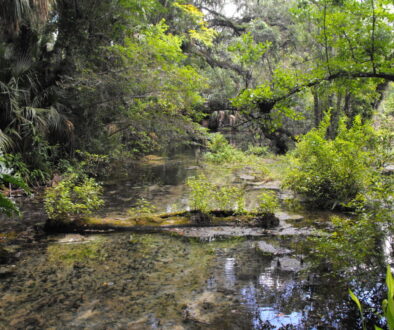Scripture’s First Question
“Now the serpent was more crafty than any of the wild animals the Lord God had made. He said to the woman, “Did God really say, ‘You must not eat from any tree in the garden’?” Genesis 3:1
The serpent introduces the first question into humanities story. “Did God really say…?”
The woman said to the serpent, “We may eat fruit from the trees in the garden, but God did say, ‘You must not eat fruit from the tree that is in the middle of the garden, and you must not touch it, or you will die.’” Genesis 3: 2-4
Both the serpent and the woman have misrepresented God as they have spoken. It is important to look closely at what God has said:
The Lord God took the man and put him in the Garden of Eden to work it and take care of it. And the Lord God commanded the man, “You are free to eat from any tree in the garden; but you must not eat from the tree of the knowledge of good and evil, for when you eat from it you will certainly die.” Genesis 2: 15-17
Look again at what the serpent said, “Did God Really say, ‘You must not eat from any tree in the garden’?” A question that introduces doubt. “Did God really?” followed by a distorted command.” Satan broadens God’s command to a ridiculously sweeping prohibition, no fruit from any tree.
This doubt is not sin, but it calls into question truth. Doubt then becomes an opportunity to examine what is known and embrace or reject truth. The woman begins by correcting the false statement by recalling the command only applies to one tree. She uses language to place that tree in the middle, the centerpiece of the garden. She also adds her own boundaries by saying even to touch the fruit will bring death.
What happens when we are questioned on what we believe? On what we believe about God and his guidelines? How often does the world paint a picture of a God who primarily prohibits? Do we place those prohibitions at the center of how we live, becoming consumed with fear that even touching such things will bring death?
What would have happened if the woman had focused on the abundance of all that God had provided? What if she had asked God to remind her of what he had said? What if she had consulted her partner, the man?
How does this relate to us today? Do we hear the world making sweeping statements that make God seem stingy and mean? Do we defend his boundaries by adding additional boundaries? Does the small number of prohibitions become the focal point, instead of the abundance offered to us? Do we stay close to him, asking him to show us what he really says? Do we stay in fellowship with one another?


